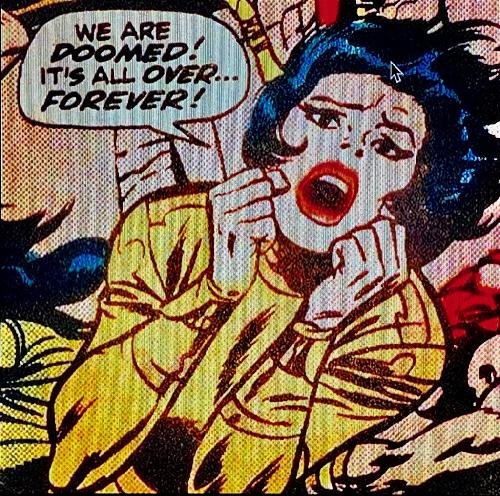Feeling Collective Doom
WATCH THIS CARD AS A VIDEO
The destructive energy of the collective is not merely active when something dramatic and newsworthy is happening. It is there all the time as a major theme in the zeitgeist, refracted as a verbal putdown, online trolling, road rage, a shooting, or a nation-state invading another country. It's a force we can find in ourselves and others close to us, as well as in the dark machinations of governments, religious ideologies, and other dark forces that coalesce to manipulate civilization. But these forces have their purpose in the great design, just as "apocalypse" originally meant a revelation to humanity by a divine agency. 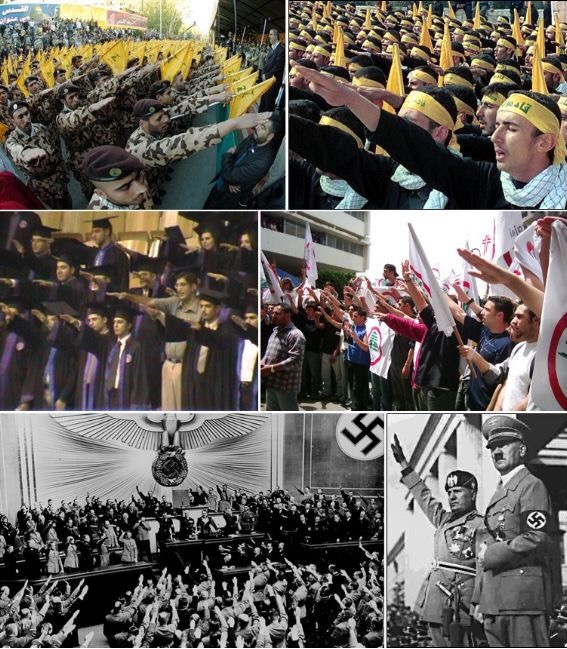
James Joyce's literary alter-ego, Stephen Daedalus, said, "History is the nightmare from which I am trying to awaken." There are classic paths of adaptation and resistance based on where you are in the traumatic unfolding of history. One response is captured in a famous quote of unknown provenance (but falsely attributed to Edmund Burke), "All that's necessary for the triumph of evil is for good men to do nothing." This principle is also captured in the saying of First-Century Jewish scholar Hillel: "If not you, then who? If not now, when?" 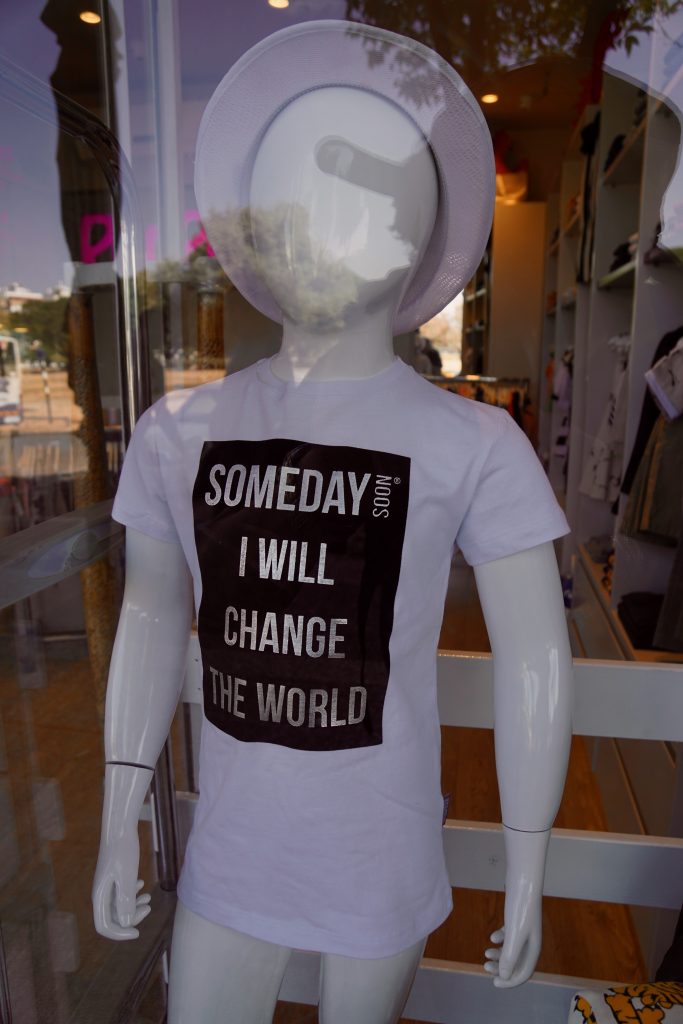 The Hillel principal is beautifully captured in a scene in the movie The Dangerous Life of Altar Boys. Two boys find a hurt animal by the side of a road. One of them says something like, "Why don't they help?" The other boy responds: "They? There is no they, we are they." We need to take responsibility for the darkness in the world when there is anything we can do about it. In some situations, we need to fight the destructive forces. But sometimes, the opposite of "good men doing nothing" is not fighting, but making efforts toward the good. An adaptation that may be warranted in some circumstances is captured in the I Ching idea that you may sharpen the fangs of evil by resisting it, and "the best way to fight evil is to make energetic progress in the good." For myself, I find these two principles (directly fighting evil vs. sidestepping it and focusing on energetic progress toward the good) form a dynamic paradox, and I slide between one pole of the paradox and the other based on specific circumstances. (See my philosophy, Dynamic Paradoxicalism.) If you find yourself in a nightmarish part of history or a personal situation where destructive forces predominate, you are not alone. Try not to take it personally or define yourself as merely a victim. Get busy adapting. Use both intuition and strategic thinking to decide where you need to confront and fight the evil and when it is more ethically efficient to sidestep it as you make energetic progress toward the good. 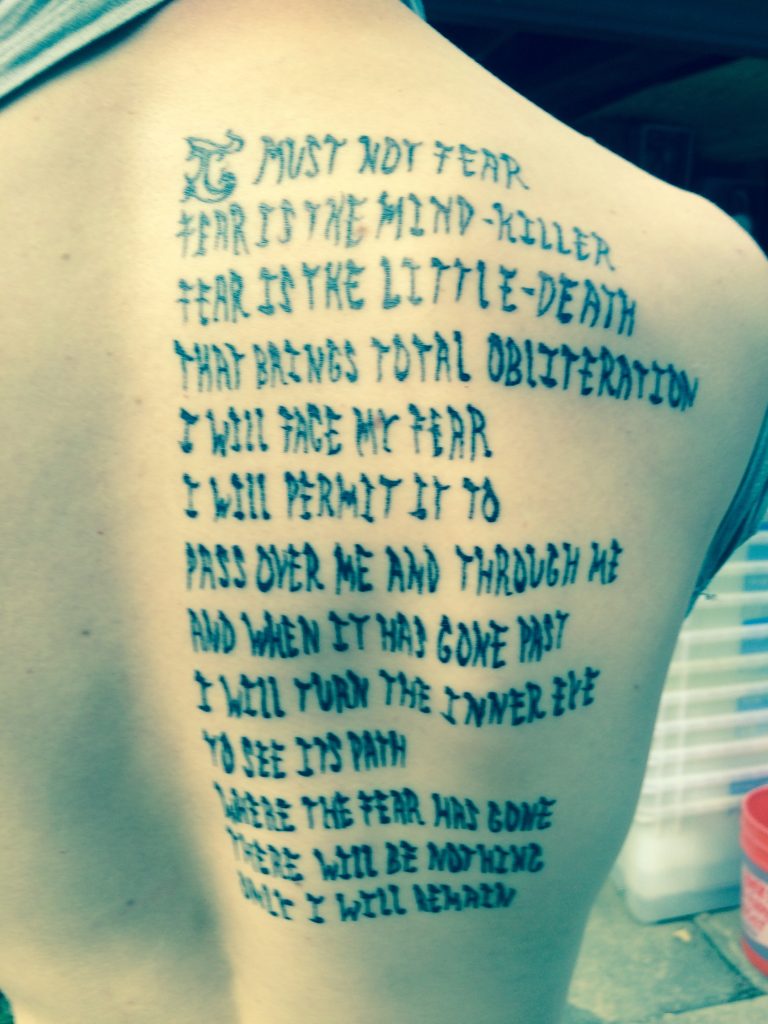
(My friend Josh's Dune-inspired tattoo)  Overcome political correctness and use humor to confront, satirize, understand, and diffuse darkness. For example, one of my Jewish relatives told me a very psychologically insightful Holocaust joke: "A group of Jews are in a firing line about to be executed by Nazi guards when one of the Jews asks if he can have a cigarette first. The Jew next to him exclaims, "Stop! You'll make trouble." The joke revealed the foolishness of some fearfully accommodating diaspora Jews. Of course, the oppressed are always in the act of becoming the oppressor, and some Jews overcompensate for the millennia of victim ancestry by becoming oppressors. When you view conflicts, remember that there are usually victims and oppressors on both sides. Don't let fear of dark forces paralyze you. Recite the Litany Against Fear from the Dune Books. 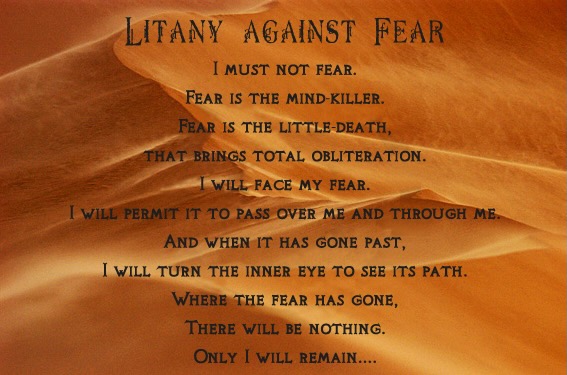
No matter how bad things get, remember: "This too shall pass." Also: "When you're going through hell, keep going!" See Politics, News, and World Events in the category section of this site.
Tolkien and the Developmental Need for Evil See also The Mutant vs. the Machine On the nature of Apocalypse which from another vantage may be a quantum evolutionary shift see: Crossing the Event Horizon — Human Metamorphosis and the Singularity Archetype now in a second edition available free on this site. AI, the Singularity Archetype, and the High Possibility of an Impending Viral Apocalypse< Essential reading to see these themes embodied is my sci-fi epic, Parallel Journeys, which can be read free on this site. If you prefer Audible, Kindle or physical versions, those are all available on Amazon. |
||||||||
